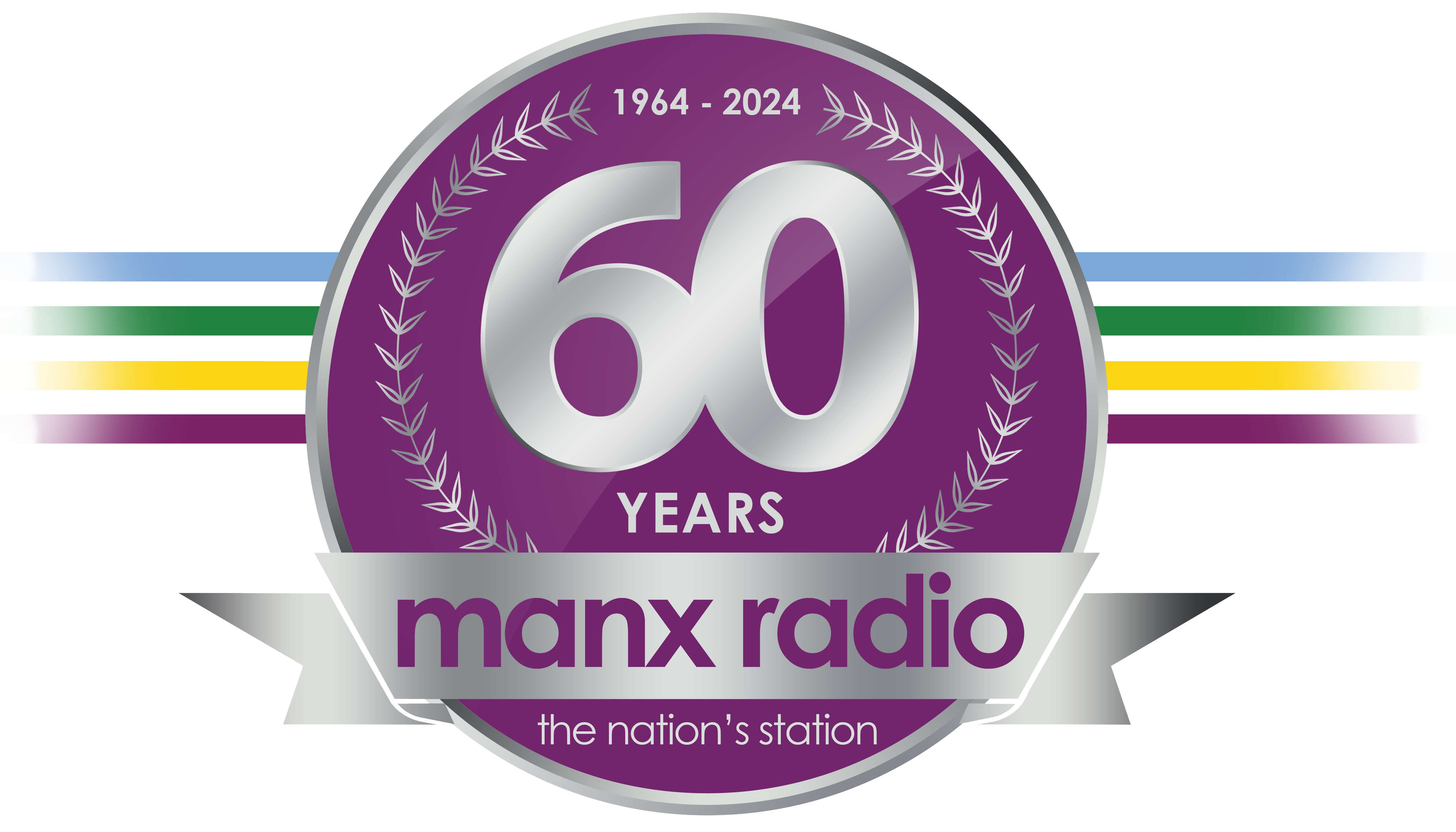
Personal allowance hike to drive growth
The decision to increase the personal income tax allowance to £12,500 ensures the regime for Manx residents is now more favourable than in the United Kingdom.
The £2,000 rise leap-frogs the UK's current rate of £11,000, and is the largest single increase ever announced.
It is a move designed to pressed middle-income earners, unlocking their potential to spend in the economy.
Income from tax is expected to fall in 2017-18 as a result, from £213,500 to £211,200, but is a move designed to unlock the potential of middle-income earners to spend in the economy.
Receipts from tax are forecast to grow thereafter.
There will no change to taxation rates, with the 20% higher rate threshold remaining at £19,000.
The higher personal allowance will mean the sum taxed at the lower 10% rate will fall to £6,500, but no one's expected to be worse off.
The 0/10% company tax regime is unchanged.
Self employed
Making National Insurance payments is to be stream-lined for the self employed, with plans to phase-out Class 2 NI contributions.
Class 4 NI contributions are due to rise from 8% to 11%, with payments being collected as part of self employed workers' income tax assessment.
Both changes are due to take effect from April 2018.
The Treasury says this means monthly payments will cease and the worker will only need to deal with the taxman once a year.
Tax Cap
The current cap on tax for wealthy individuals will rise from £125,000 to £150,000 in 2018-19, and by the same increment for the two following years.
It means by 2020-21 the cap for those seeking to shelter their wealth from the tax man will be £200,000 – exactly double the scheme’s initial limit.
Treasury Minister Alfred Cannan insists he 'fully supports' the scheme - but says the time is right to reform the concession.
Welfare benefits
Child benefit will rise by 2%, the first increase in the rate since 2010.
It means the rate for a first child will be £20.80 and for subsequent children £13.75.
The basic state pension will rise by 2.5% or £3 per week, and there's a fillip for those meeting the cost of residential care from benefits, with the maximum to rise from £819.90 to £845 per week.
The budget offers help to those funding nursing care places, who gain an additional £25 per week.
A tweak to taxation rules will see the deduction allowed against tax for nursing expenses rise more than £3,000 to £12,500.
Rates of disability premium, carer premium and disabled child premium will rise by 2.5%.
Higher level mobility premium goes up 4.5%, at a stroke putting the benefit on a par with that paid in the UK.
Most other benefits are unchanged but there is a 1% rise in some disability benefits and the Employed Person's Allowance.
Mr Cannan has indicated all benefits will be reviewed over the next 12 months, to ensure payments are directed 'more appropriately'.


 Ramsey residents 'shocked' at Looneys closure announcement
Ramsey residents 'shocked' at Looneys closure announcement
 Two Manx high schools told to stop operating CCTV 'inside' toilets
Two Manx high schools told to stop operating CCTV 'inside' toilets
 King Gaming's license suspended amidst criminal investigation
King Gaming's license suspended amidst criminal investigation
 Hopes new unit will reduce amount of time patients spend in hospital
Hopes new unit will reduce amount of time patients spend in hospital
 Boxing: Burden hungry for glory on pro debut
Boxing: Burden hungry for glory on pro debut
 Housing, VAT, climate and tourism among concerns raised by the East in government roadshow
Housing, VAT, climate and tourism among concerns raised by the East in government roadshow
